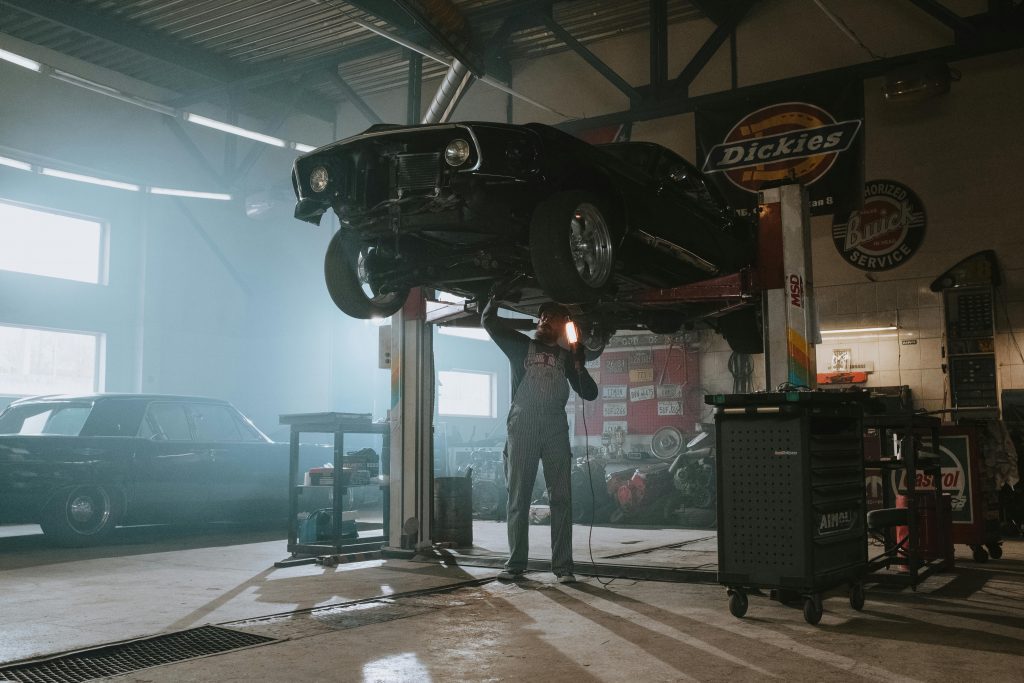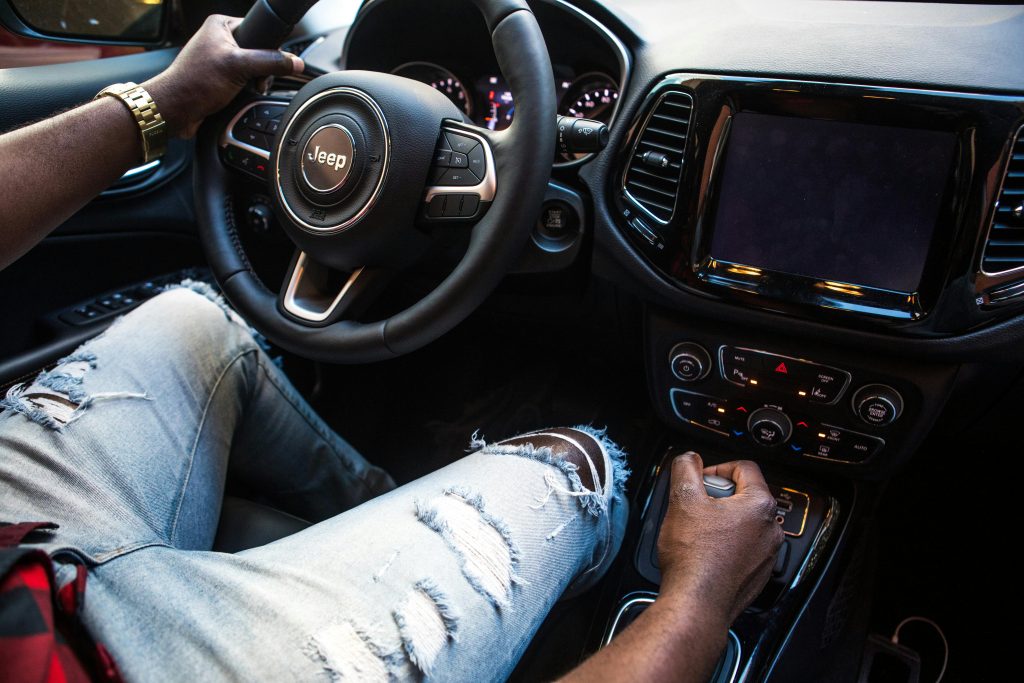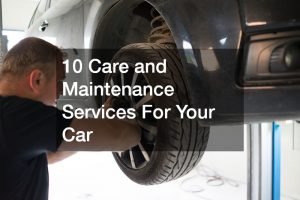Brakes are one of the most important safety systems in your car. Without them, you can’t slow down or stop properly. Over time, brake parts wear out and need to be replaced. But how often should brakes be replaced? That depends on many factors, including how you drive, what type of vehicle you have, and the kind of brake pads you use.
In this guide, we’ll explain everything you need to know about brake replacement, how to recognize the signs of worn-out brakes, and how to make your brake system last longer.
Understanding the Brake System
Your car’s brake system includes several parts, but the most commonly replaced ones are:
- Brake pads
- Brake rotors (discs)
- Brake calipers
- Brake fluid
When people ask how often brakes should be replaced, they usually mean the brake pads, since these wear out the fastest. Pads press against the rotors to stop your car, and over time they get thinner.
How Often Should Brake Pads Be Replaced?

There’s no exact mileage that works for every driver, but most brake pads last between 25,000 and 70,000 miles. This wide range depends on:
- Driving style (aggressive vs. gentle braking)
- Type of brake pads (ceramic, organic, or metallic)
- Road conditions (city vs. highway)
- Vehicle size and weight
For example, city driving with lots of stop-and-go traffic wears brake pads out faster than highway driving. Heavy vehicles like trucks and SUVs also tend to wear out pads quicker than smaller cars.
Quick Rule of Thumb
If you’re not sure when your brake pads were last changed, it’s a good idea to have them checked every 10,000 to 15,000 miles. Most mechanics check them during routine oil changes.
How Often Should Rotors Be Replaced?
Brake rotors usually last 2 to 3 times longer than brake pads. On average, rotors should be replaced every 50,000 to 70,000 miles, though they might need to be resurfaced or replaced sooner if damaged or warped.
Resurfacing means smoothing out the rotor surface so the brake pads can grip it evenly. If rotors are too thin or cracked, they must be replaced instead of resurfaced.
Signs Your Brakes Need to Be Replaced
Even if you’re not tracking mileage, your car gives you signs when it’s time for new brakes. Here are the most common warning signs:
1. Squeaking or Squealing Noises
If you hear high-pitched sounds when braking, it usually means the pads are wearing thin. Most brake pads have a built-in wear indicator that makes this sound on purpose.
2. Grinding Noise
Grinding is a more serious sign. It often means your brake pads are completely worn out and metal is scraping against metal, which can damage your rotors.
3. Longer Stopping Distance
If it takes longer for your car to come to a stop, your brake pads may be too thin to provide enough stopping power.
4. Vibration When Braking
Shaking or vibrating when you press the brakes can be caused by warped rotors or uneven pad wear.
5. Dashboard Brake Light
Some newer vehicles have sensors that turn on a dashboard light when your brake pads are low.
6. Visible Pad Wear
If you can see your brake pads through your wheels, look at their thickness. If there’s less than 1/4 inch left, it’s time to replace them.
How Long Do Brake Pads Last?
It’s a common question: how long do brake pads last? The answer depends on your driving habits and pad type. Here’s a general guide:
- Ceramic brake pads: Last 50,000 to 70,000 miles. They’re quiet and good for daily driving.
- Semi-metallic pads: Last 30,000 to 50,000 miles. They provide strong braking and are often used in performance vehicles.
- Organic pads: Last 20,000 to 40,000 miles. These are softer and wear out quicker but cost less.
No matter the type, your brake pads should be inspected regularly to avoid damage to other parts of the braking system.
Factors That Affect Brake Life
Several factors can shorten or extend the life of your brakes:
1. Driving Habits

Hard braking and quick stops wear down pads faster. Try to slow down gradually and avoid riding the brakes.
2. Road Type
City driving with lots of stop signs and red lights will wear brakes faster than driving on open highways.
3. Weight of the Vehicle
Heavier cars or trucks put more pressure on the brake system, causing pads and rotors to wear out sooner.
4. Towing or Hauling
Pulling trailers or heavy loads increases stress on brakes and shortens their lifespan.
5. Quality of Parts
Higher-quality brake pads and rotors often last longer and perform better, even though they may cost more upfront.
When to Replace Other Brake Parts
In addition to brake pads and rotors, other parts of your brake system may also need maintenance:
Brake Calipers
Calipers usually last around 75,000 to 100,000 miles, but they can fail sooner due to rust, leaks, or sticking pistons.
Brake Fluid
Brake fluid should be changed every 2 to 3 years, or as recommended by your vehicle’s manual. Dirty fluid can affect braking performance and damage brake parts over time.
How to Make Your Brakes Last Longer
Here are some simple ways to extend the life of your brakes and save money:
- Avoid hard braking whenever possible.
- Coast to a stop instead of slamming the brakes.
- Leave space between your car and the one in front to reduce sudden stops.
- Use engine braking (downshifting) on hills when safe.
- Get regular inspections to catch small problems early.
Should You Replace Brakes Yourself?
If you have the tools and experience, changing brake pads is a doable DIY job for many car owners. But if you’re unsure or lack proper equipment, it’s safer to let a professional handle it. Mistakes can lead to brake failure and dangerous driving conditions.
A mechanic can also check for other problems, like worn rotors or leaky calipers, that you might miss on your own.
Final Thoughts
The general guideline is every 30,000 to 70,000 miles, but you should always pay attention to your driving habits and the warning signs. Your brakes are too important to ignore.
So, next time someone asks how long do brake pads last?, you’ll know that it’s not just about distance—it’s also about how and where you drive, what kind of pads you use, and whether you catch issues early.







